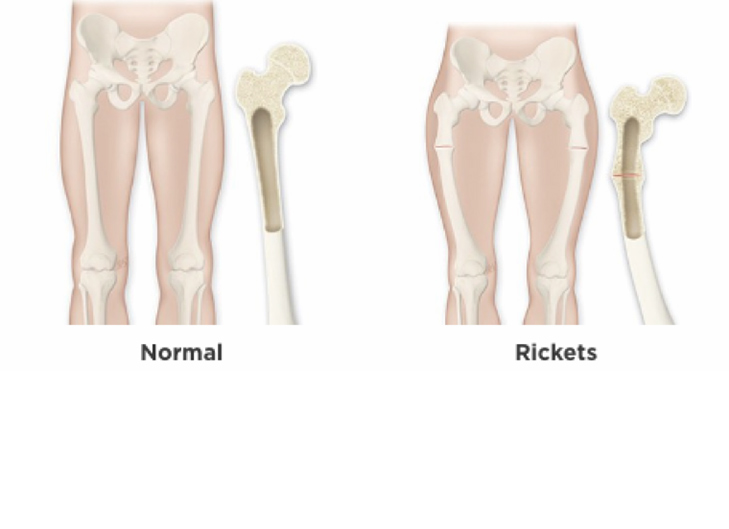 Share on facebook
Share on facebook
Facebook
 Share on twitter
Share on twitter
Twitter
 Share on linkedin
Share on linkedin
LinkedIn
 Share on email
Share on email
Email

